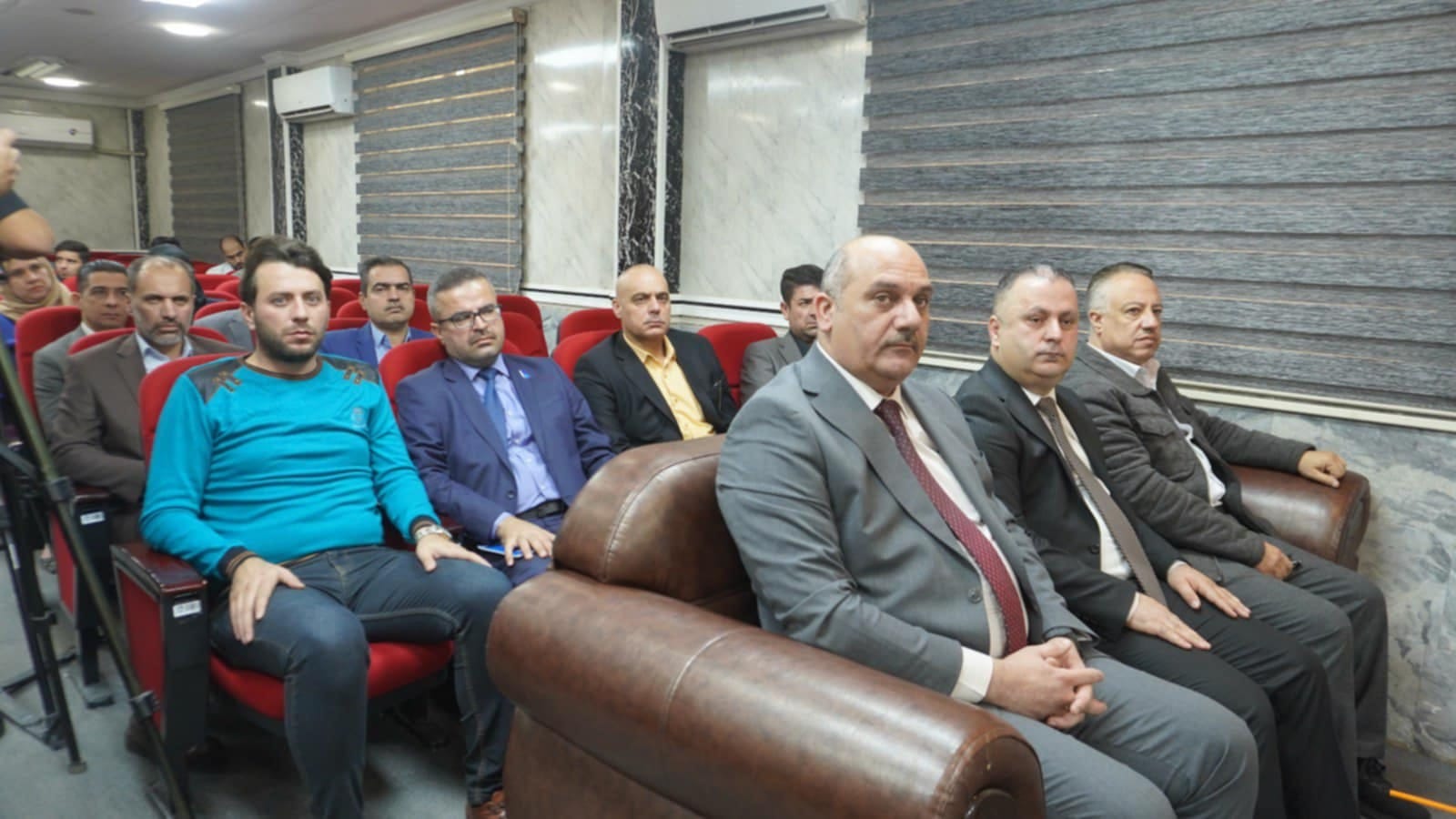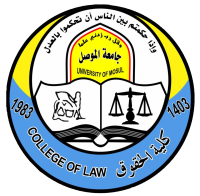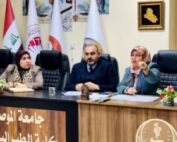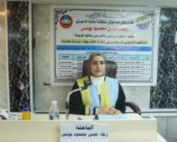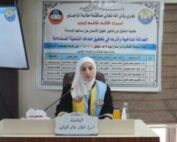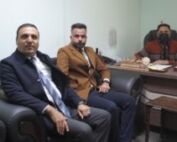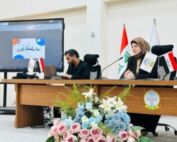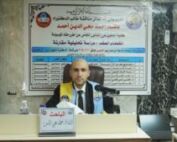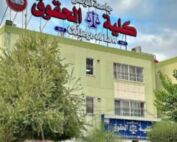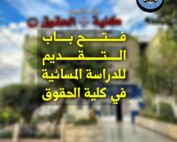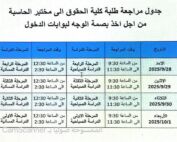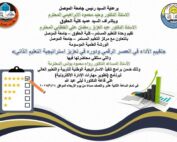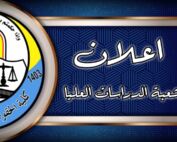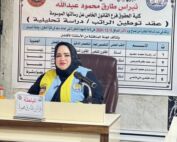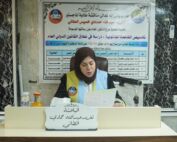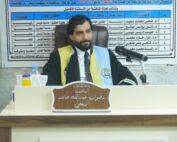4 November، 2024
A scientific symposium on reading the current election laws
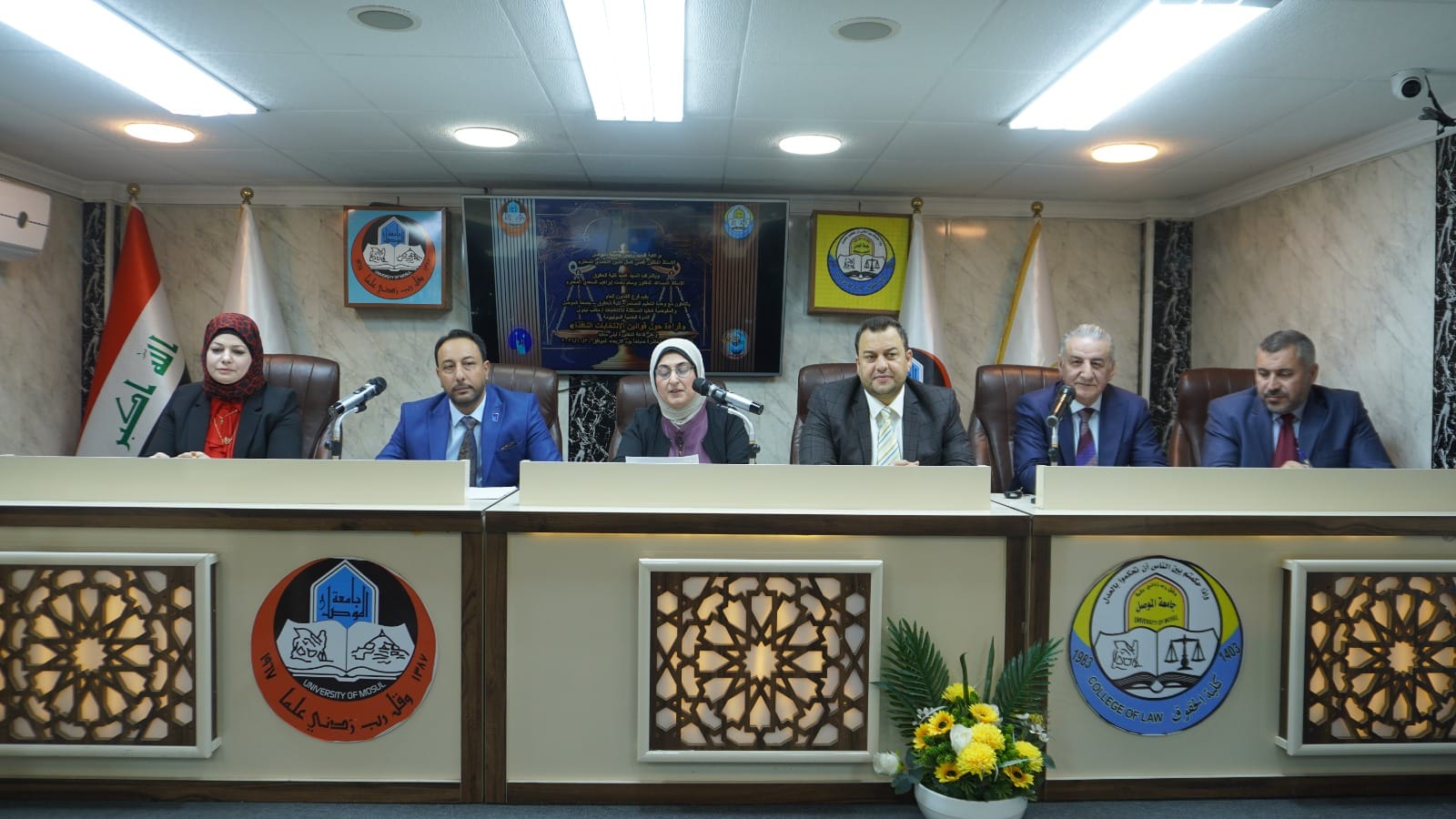
Under the patronage of Professor Dr. Qusay Kamal Al-Din Al-Ahmadi, President of the University of Mosul, and under the supervision of Assistant Professor Dr. Wissam Nimat Ibrahim Al-Saadi, Dean of the College of Law, and the members of the College Council, and with the follow-up of Assistant Professor Dr. Talal Abdul Hussein, Head of the Public Law Branch, and in cooperation with the Continuing Education Unit and the Independent High Electoral Commission / Nineveh Office, the above branch held its scientific symposium on Wednesday, October 30, 2024, entitled Reading the Current Election Laws, which aims to analyze the provisions of the current election laws in light of constitutional and international standards and increase legal and political awareness of electoral provisions. The symposium began with a speech by Dr. Wissam Nimat Ibrahim Al-Saadi, who welcomed the guests of our college from the representatives of the Independent High Electoral Commission, congratulating the Public Law Branch on this scientific symposium, appreciating the role of the Commission in achieving partnership by communicating with academic institutions, praising its distinguished efforts in managing the electoral process, indicating the role of the symposium in developing proposals and coming out with recommendations to be presented Treatments for any future electoral difficulties, then Professor Sufyan Hatem Aziz Al-Mashhadani, the media officer of the Nineveh Elections Office, delivered his speech, which he began by extending his deep thanks and appreciation to the Deanship of the College of Law and its scientific and administrative staff for hosting the work of this symposium, providing an overview of the Commission, its history, tasks, objectives, specializations, and the mechanism for practicing its work, emphasizing its interactive role with academic institutions in enhancing awareness and developing more effective mechanisms to ensure the integrity of elections. Then Professor Ahmed Youssef Khalaf, the representative of the Independent High Electoral Commission, presented a research paper entitled A Look at the Work of the Independent High Electoral Commission, in which he presented an overview of the Commission, parliamentary oversight of it, its administrative structure, and its offices spread throughout Nineveh Governorate, explaining its method of work and its basic objectives. Then Dr. Luqman Othman Ahmed presented his research paper entitled The Electoral System and the Possibility of Amending It, in which he discussed the electoral systems used in the Iraqi parliamentary elections and provincial council elections, explaining the positives and negatives of each system, while presenting proposals that could address any negatives that may The use of any system, then Dr. Ikram Faleh Ahmed presented her research paper entitled The Role of the Independent High Electoral Commission in Activating Political Participation, in which she addressed the importance of organizing elections in accordance with legal and constitutional conditions that contribute to activating public participation, stressing the importance of procedural requirements and educating voters about the importance of electoral participation, explaining the mechanism for submitting electoral complaints. Then Dr. Muhammad Izzat Fadel presented his research paper entitled The Principle of Proportionality in Electoral Crimes, in which he explained the necessity of the proportionality of the crime or violation with the punishment, indicating the importance of deterrence in its two types, general and special, to achieve the integrity of the elections, addressing the necessity of imposing penalties on political parties in the event that they commit any act that violates the provisions of the law, considering that any party is a legal person, explaining the role of the Board of Commissioners in judicial referral. Then Dr. Sahar Muhammad Najib presented her research paper entitled Definition of Voting and Nomination Conditions and the Possibility of Amendment, referring to the various electoral laws and the amendments that have occurred to them that have created a state of confusion within the institutions concerned with managing elections, indicating the importance of establishing an electoral law characterized by stability that contributes to achieving Political and societal stability, pointing out the need to set conditions related to nomination so that they play a role in achieving balance between generations. Then, Dr. Harith Adeeb Ibrahim presented his research paper entitled “Rules for Sorting and Announcing Electoral Results and the Possibility of Amending It,” in which he addressed the preference of electronic counting and sorting over the manual method, as the electronic system is characterized by speed, accuracy, transparency, and low costs, with ease of addressing any problem. Then, the attendees, including researchers, academics, lecturers, and those interested in legal affairs and students, asked many questions and inquiries about the topic of the symposium, which were answered in detail by those in charge of it. In conclusion, the Commission presented certificates of appreciation to the Deanship of the College, the Head of the Public Law Branch, and the researchers. For its part, the Deanship of the College also presented certificates of participation to the researchers and participants in the work of this symposium, which comes within a series of scientific, research, cultural, and student activities for our college during the current academic year 2024-2025.
